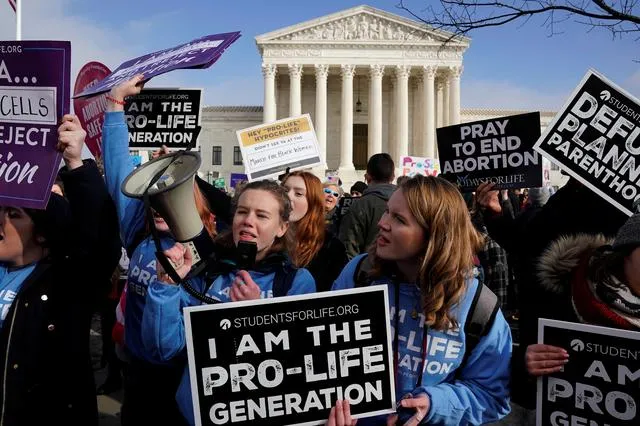
Whether one is pro-life or pro-choice, reducing the occurrence of abortion (through non-coercive means, at least) should be a common desire.
Whether one is fiscally conservative or not, saving taxpayer money by reducing the need for it among recipients is common sense and reducing need is the stated goal of welfare programs themselves.
Increasing teenage access to contraception is instrumental in significantly reducing abortions by reducing unwanted pregnancies in the first place. Lowering the rate of teen pregnancies saves taxpayer money in the long run, as unwanted teen pregnancies carried to term correlate directly with increasing long term state aid common in such situations for years to come. The short term cost of common contraception for teenage minors in particular is nothing compared to the inevitable long term cost lack of access creates.
As someone who’s personally pro-life and fiscally conservative, this makes sense to me, but this is an unpopular opinion in many of my circles. Many in the pro-life community are religious, and some of the ultra-religious are against birth control or have specific concerns involving parental responsibility or even favor ineffective abstinence-only approaches. Many in the fiscally conservative category reflexively oppose any new government spending and only tend to see short term expenditures without seeing long-term savings, or think it should be the personal responsibility of the same age category of people that are below the age of consent and are with few exceptions officially dependents whether they choose to be or not.
The way I see it?
Unborn babies didn't choose conception and their parent's choices which affect them aren't their fault and affect them all the same.
Minor teenagers didn't choose parents who wouldn't provide birth control or sign off on them getting a job to fund such things themselves, but are affected by that all the same without any legal way to stop being a dependent and attain self sufficiency. The legal structure assumes such teenagers aren't capable of consent in a wide variety of issues based on the belief that they're too emotionally or intellectually immature to make them.